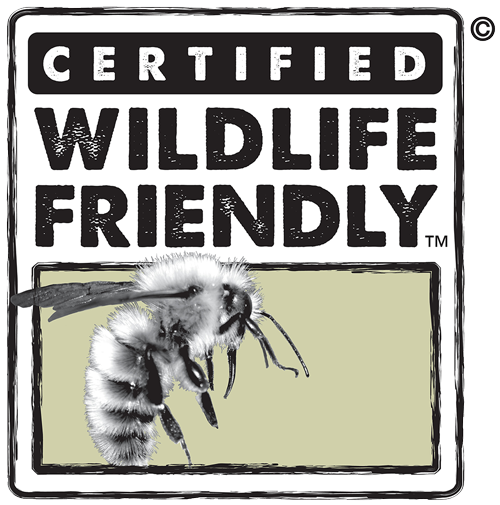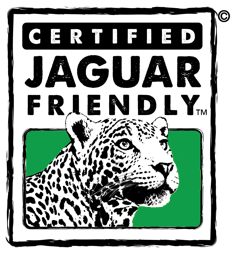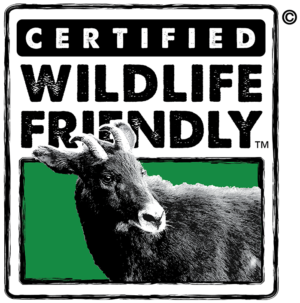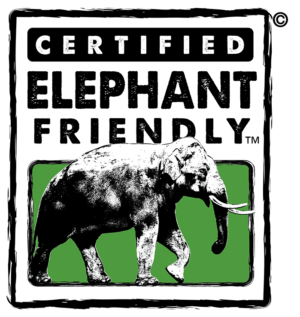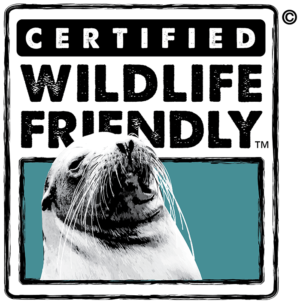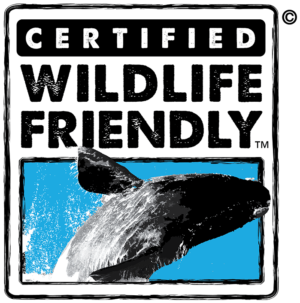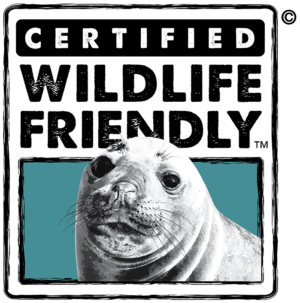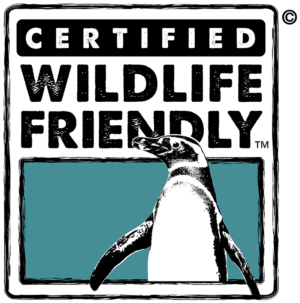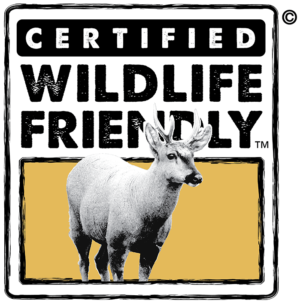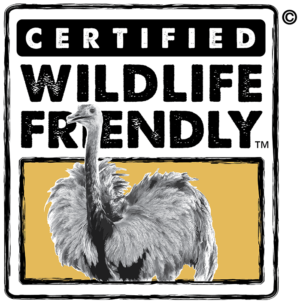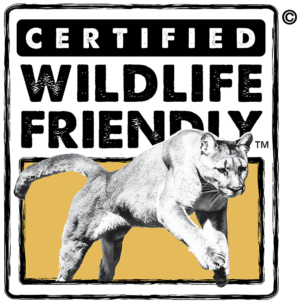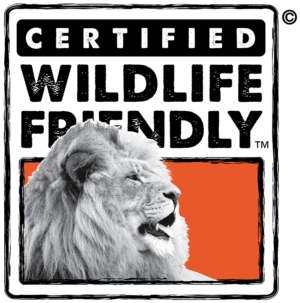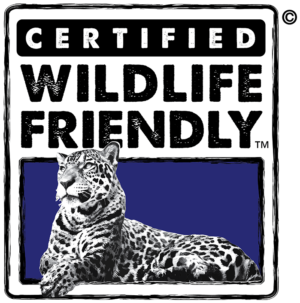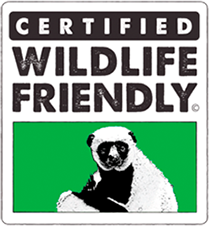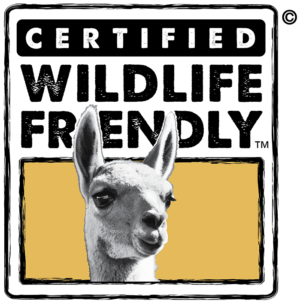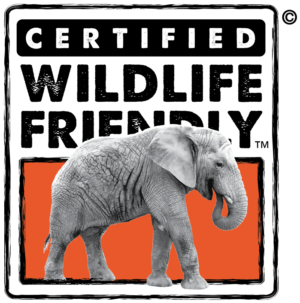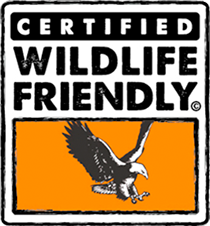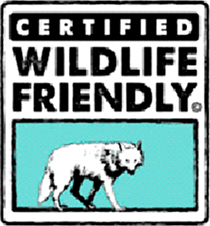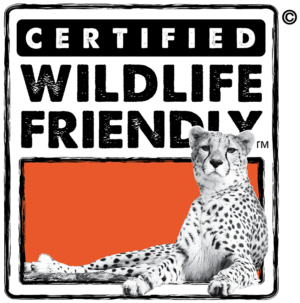Indonesia
The Conflict
Slow lorises are one of Asia’s most heavily illegally traded primates, used for traditional medicines, black magic, as pets, and as tourist photo props. The Javan slow loris is one of the world’s 25 most endangered primates. In addition to facing these threats from illegal trade and exploitation, the Javan slow loris is severely impacted by habitat loss, which has led to its classification as Critically Endangered by the IUCN. With little forest remaining, most Javan slow lorises now live in agroforestry landscapes on the slopes of many of Java’s active volcanoes. Interestingly, the lorises, which are specialized gum feeders, have adapted to these environments by feeding on the gum of acacia trees—one of the first plants to grow after volcanic eruptions. This has allowed the Javan slow loris to survive in these challenging landscapes by taking advantage of this crucial food source.
The Solution
It was essential to find how we could help Javan Slow Lorises survive in such hostile habitats. Thus in 2011, the Little Fireface Project was born. Named after the Sundanese name for slow loris due to the firey patches around the animals’ eyes, this project became the first ever long-term continuous study of a wild loris species. They have now observed the behaviour of over 100 individuals from several families using radio tracking. The team found that to survive in almost fully anthropogenic landscapes, Javan Slow Lorises rely on the habitats left by local people. This includes leaving nitrogen-fixing gum trees and leguminous flower trees from which they can lick nectar, as well as farming practices reducing the need for herbicides and pesticides, leaving insect foods the lorises can eat. It is estimated that nearly 60% of farmers on Java are small scale, and thus have control over what they grow and how they grow it. Such decisions are carefully mitigated by financial rewards. Of course, the lorises also survive by not being hunted, which was how the coffee conservation programme was born.
The Conservation Enterprise
The Little Fireface Project team working along two farming cooperatives, Waluya in Cipaganti and Blessing in Pangauban, decided that Wildlife Friendly ®️ practices provided the perfect solution for people and lorises. With coffee becoming a growing local and international crop, more and more farmers have turned to growing it. By providing more shade, and changing to natural herbicides and pesticides, the coffee farms increasingly followed Wildlife Friendly ®️ practices. Finally, the local community agreed on a ban on hunting protected species and littering to improve the natural environment for animals and people. Now the Certified Wildlife Friendly ®️ coffee is served locally in a Blessing Coffee Shop in Pangauban and Waluya’s “House of Coffee Education” in Cipaganti. It is also available from the Little Fireface Project Etsy shop and their Shopee Shop in Indonesia.




